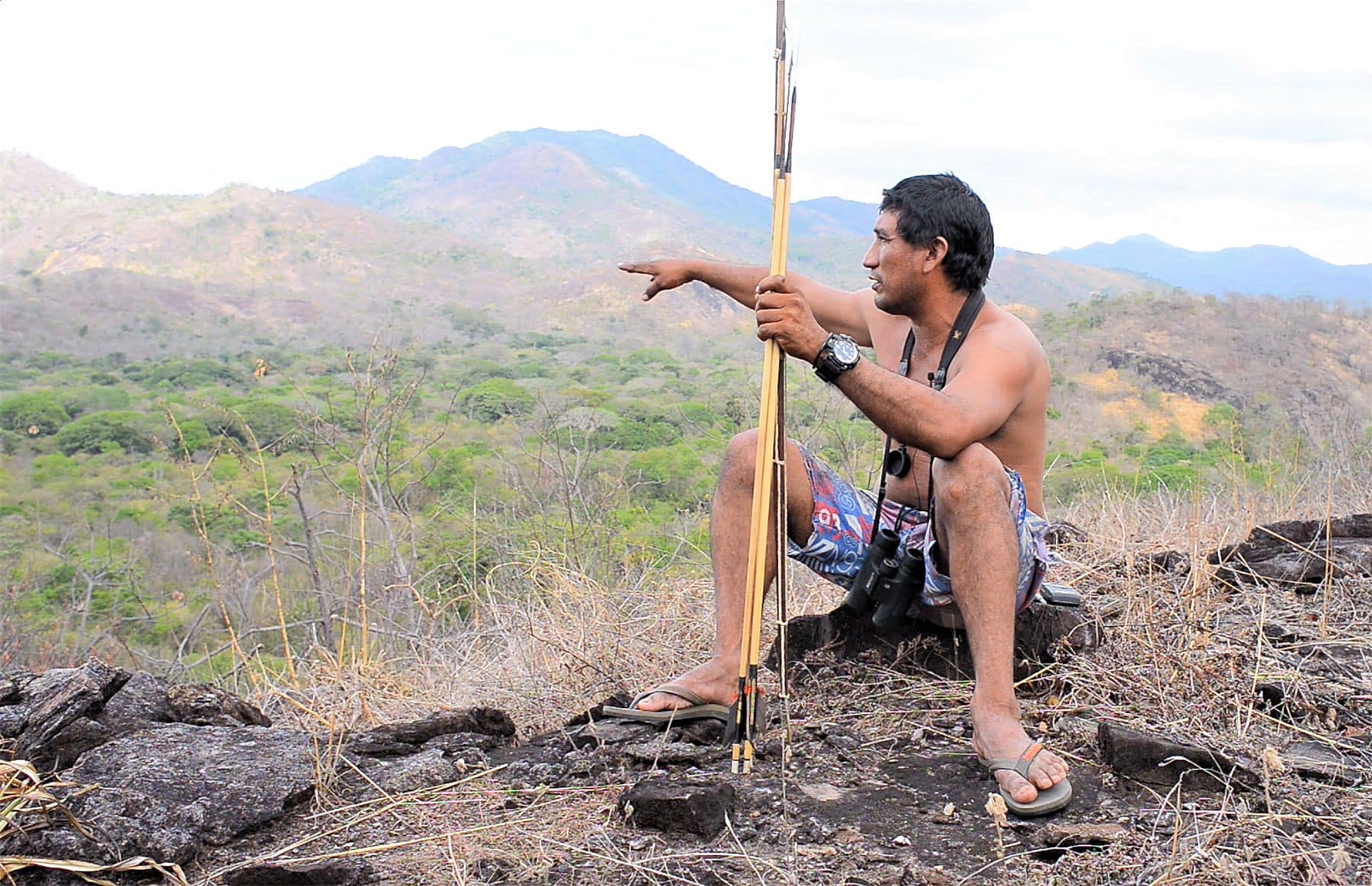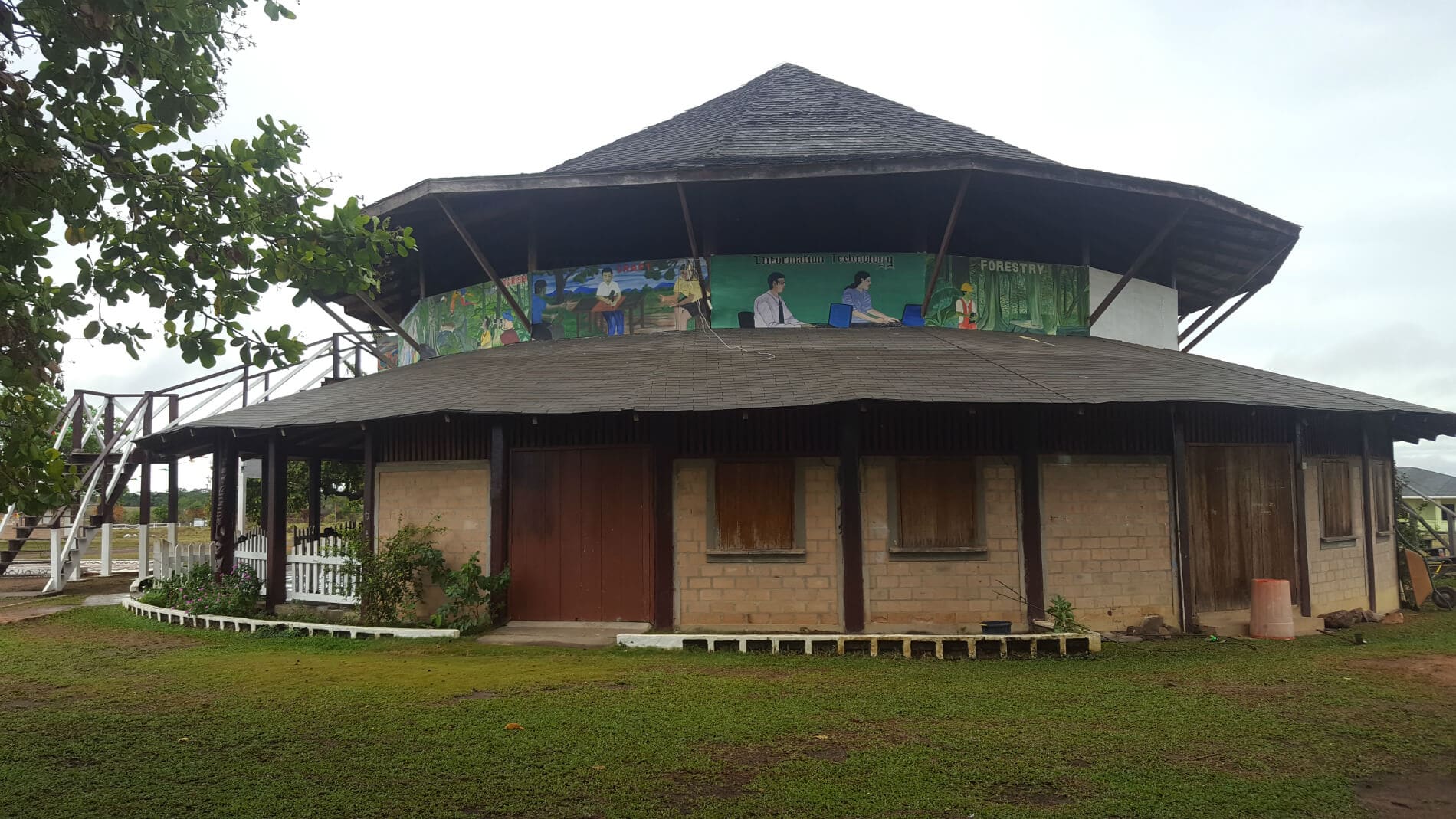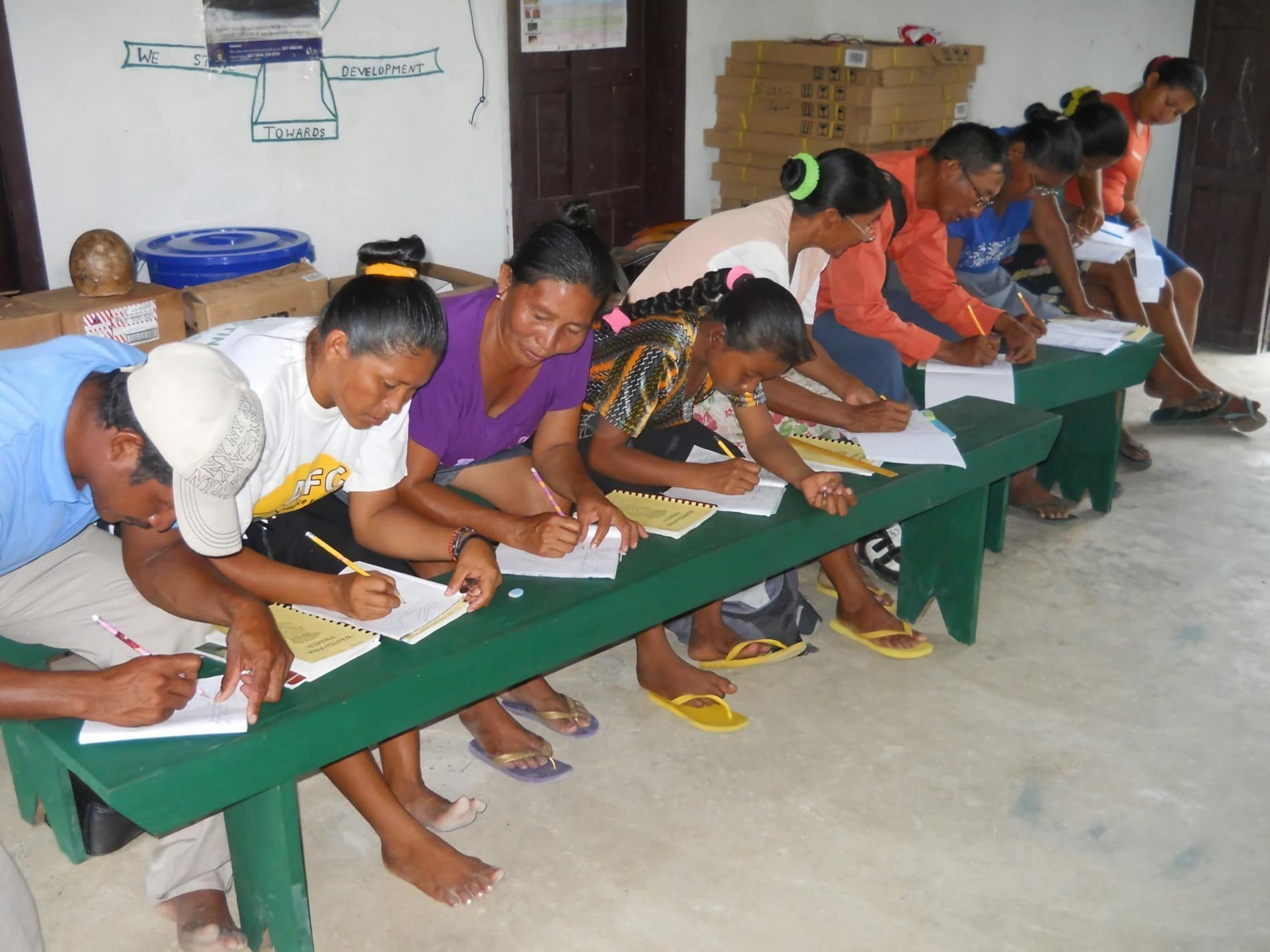Indigenous peoples – or Amerindians as they are identified both collectively and in legislation – number some 78,500 in the Co-operative Republic of Guyana, or approximately 10.5% of the total population of 746,955 (2012 census). They are the fourth largest ethnic group, East Indians being the largest, (40%), followed by African Guyanese (29%) and self-identified “Mixed” (20%). The Chinese, Portuguese and Whites constitute tiny minorities. Amerindians refer to these non-indigenous people as “coastlanders” since most of them are settled on the coast in Regions 3, 4 and 6. As a former British colony, Guyana is the only English-speaking country in South America.
The land tenure situation of Amerindian communities is their major perennial concern. The Independence Agreement from the United Kingdom (1965) included a land titling process. Recommendations regarding this process from the Amerindian Lands Commission (1967-1969) have never been fully taken up by successive governments. Requests made for collective district titles have been dismissed, resulting in the fragmentation of traditional territories into small areas under individual village titles. The process has also been a protracted one, and many communities are still without title.
The Constitution of Guyana in its Preamble recognises “the special place in our nation of the indigenous peoples” and recognises “their right as citizens to land and security and to their promulgation of policies for their communities”. There is a Ministry of Indigenous Peoples’ Affairs (MoIPA – formerly the Ministry of Amerindians’ Affairs MoAA); and Guyana endorsed the UNDRIP in 2007. Guyana is one of the few countries in South America that has not ratified ILO Convention 169.
International Work Group for Indigenous Affairs, The Indigenous World 2019




